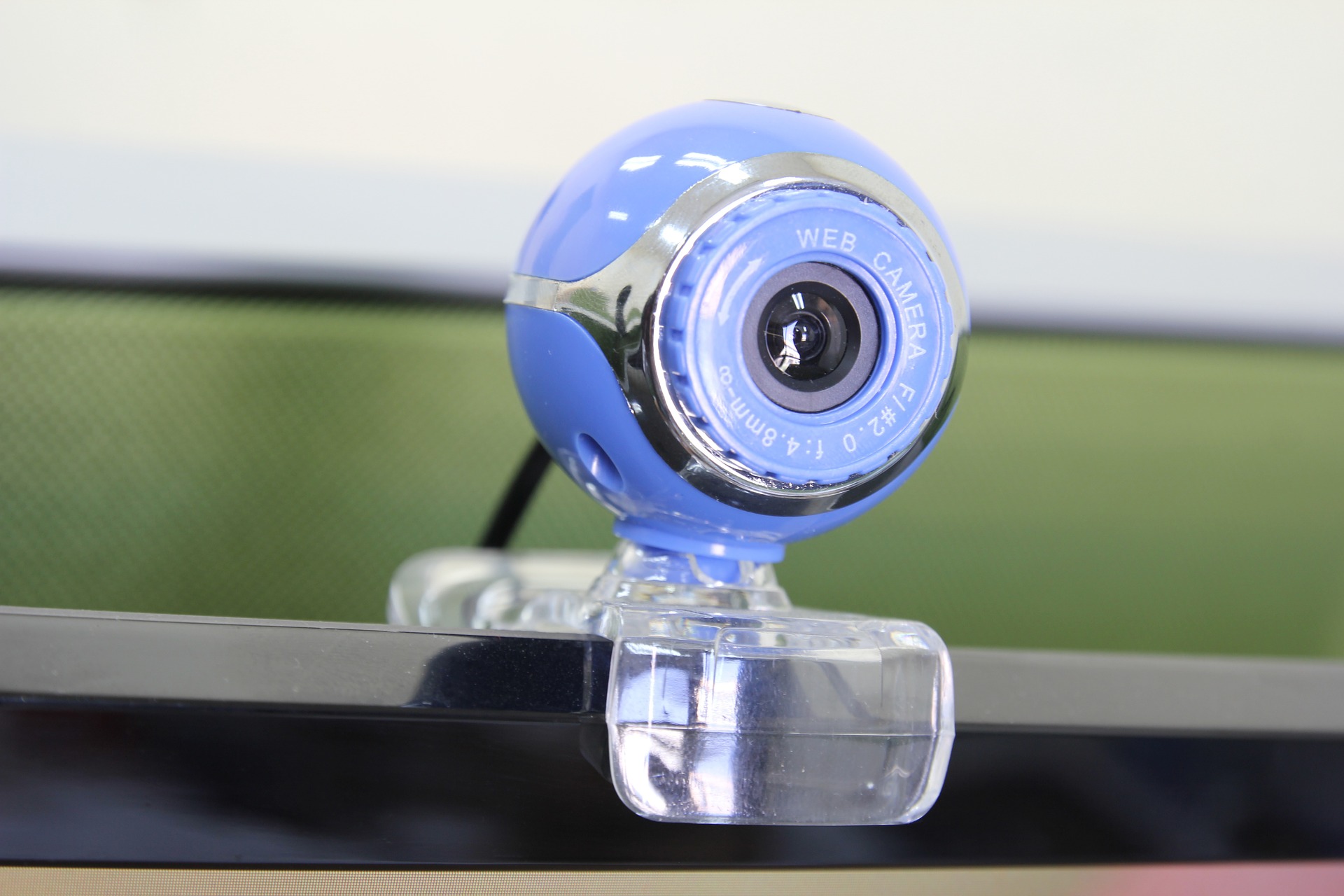Online exam surveillance is a hot topic among students. TU Delft would like to continue with online proctoring and is working on a ruling.
(Photo: M Ameen / Pixabay)
There is much controversy about online proctoring, where students are monitored through their own webcams and microphones. More than 2,000 TU Delft students signed a petition against the use of surveillance software. And the central Students Union of the University of Amsterdam (UvA) has even issued a preliminary injunction (in Dutch) against the UvA.
Even at the monthly meeting between TU Delft’s Works Council and the Executive Board, the use of surveillance software was a hot topic. “It is good to know that the preliminary injunction against the UvA was related to the Proctorio programme. TU Delft uses the RPNow software,” explained Erik van Leeuwen (Data Protection Officer) when asked about the use of surveillance software at TU Delft during the meeting.
Separate ruling
Nevertheless, the use of Proctorio in the future is not ruled out. Van Leeuwen explained that “TU Delft’s privacy team is currently looking into the surveillance software available and whether there are better alternatives for the tool now being used. We are negotiating with Proctorio at present for a separate ruling on data processing. UvA did not do this.”
Works Council member Maaike Swarte said that she understood students’ resistance to online proctoring, but Van Leeuwen says that it’s not that bad. “We also get emails from students who are happy with it as they may otherwise experience study delays.”
‘Postponing exams is really scary’
Vice Rector Rob Mudde agrees with this. “We offer alternatives wherever we can, but at the moment we have to do what we can with the tools we have. We have really looked closely at this and there are clear guidelines on using online proctoring. The goal is to avoid study delays, and postponing exams is a really scary strategy.”
Students Council
The UvA Students Council vs the UvA case was on Thursday 4 June. The two sides were unable to agree in court. The judge will pass verdict next week. Van Leeuwen, who has regularly attended court cases because of his expertise, does not expect the Students Council to win. “I don’t think that they will be able to convince the judge.”
Do you have a question or comment about this article?
m.vanderveldt@tudelft.nl


Comments are closed.